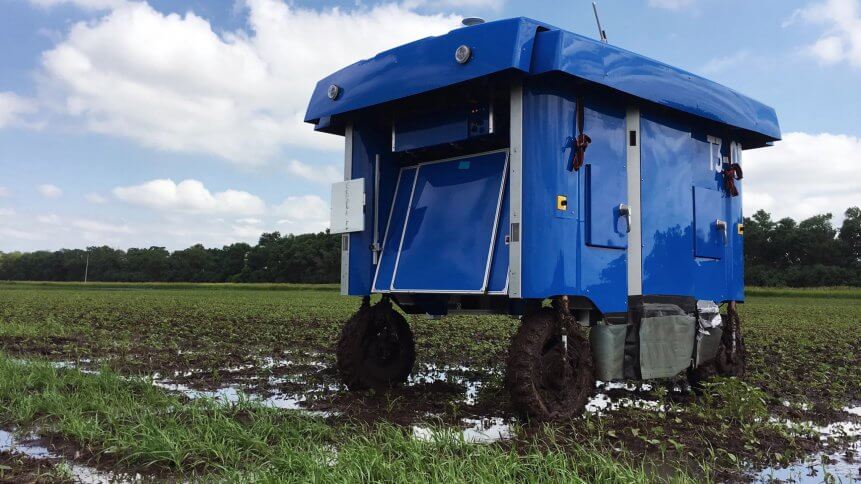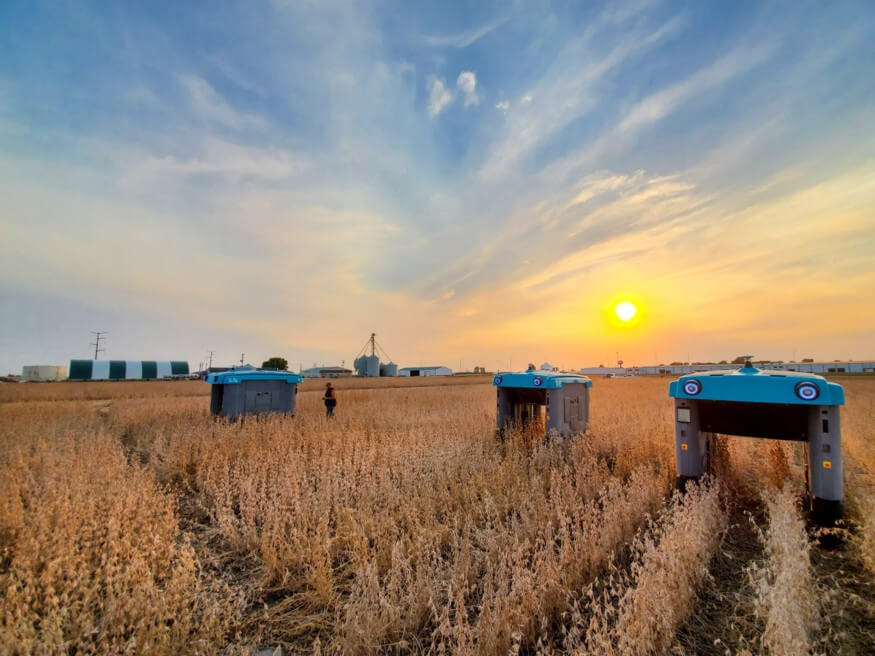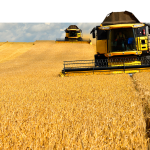
- Alphabet’s latest ‘moonshot’ project uses robotics and big data analytics to target food sustainability in a bid to fight global hunger and food shortages
- By having granular data at hand instead of blanket one-size-fits-all solutions, Mineral will look to tailor treatments to specific areas of fields, as well as specific individual plants
Alphabet, better known as Google’s parent company, is joining the effort to bring sustainable agriculture to the masses following its latest project’s unveiling involving robots, crops, and big data.
The X Labs project dubbed “Mineral” is said to embrace “nature’s diversity to nourish generations to come,” and is the newest name for the company’s “Computational Agriculture Project.” The end goal is to collect huge amounts of data on how crops grow, to ultimately inform new methods of agriculture in the face of global food shortages.
Sustainable big data solutions
Agriculture has increasingly become a contentious issue, with experts predicting global hunger problems to persist as the Earth’s population expands over the next decade. It is hoped that by implementing state-of-the-art technology, some of the dilemmas facing traditional farming could be resolved in the years ahead.
“To feed the planet’s growing population, global agriculture will need to produce more food in the next 50 years than in the previous 10,000 – at a time when climate change is making our crops less productive,” says Mineral’s website.
Similar to the way Google began indexing and organizing the world wide web, the team at Alphabet X are now imagining the possibilities of measuring the data of every plant in a field. And to do this, it’s using a newly-developed robot buggy.
The vehicle is fitted out with solar panels and packed with cameras, sensors, and software. It also comes in various shapes and sizes so it can be used on multiple types of crops, including stalks of corn and bushy soybean plants. The buggy can then collect data on plant height, leaf area, and fruit size before combining the information together with soil, weather, and other data, and plugging it into a machine-learning system to try to spot patterns and insights useful to farmers.
As with many things, the key to building something better is through data, and to date, farmers may have information on weather and soil, but the introduction of the robotic veicle will see how plants actually grow and respond to their environment.
“These new streams of data are either overwhelming or don’t measure up to the complexity of agriculture, so they defer back to things like tradition, instinct or habit,” said Mineral Project Lead, Elliot Grant.

The plant buggies in action. Source: Mineral
Despite achieving necessary yields, many approaches to agriculture now aren’t considered sustainable; the fertility of soil is progressively depleted by pumping it full of chemicals year after year, while also making food less nutrient-rich. This cycle helps to grow the most food, but the quality of that food is becoming progressively worse.
By having that granular data at hand, Mineral will look to tailor treatments to specific areas of land, as well as specific individual plants.
Growing efforts
The idea of using technologies like AI and big data analytics to optimize crop and plant growth has not been exclusive to Mineral in humanity’s fight against hunger. Several startups have used a variety of approaches to further enhance the effects of data-driven farming.
Five-year-old, New York startup Bowery Farming, has built vast indoor farms where every aspect of the growing conditions, from temperature and humidity to the amount and type of light, can be controlled. To monitor the crops in real-time and enable live changes in growing conditions, the farms are kitted out with sensors and AI-backed cameras.
Bowery has currently built three large farms and focuses on producing leafy greens and fresh herbs for the likes of Whole Foods and Stop & Shop. Each farm serves its local area while ensuring produce is fresh and the environmental impact of shipping is minimized.
Their machine-learning system is expected to continue gathering reams of data as the company expands to draw on for controlling crops and improving yields.
“As we’re learning and improving and iterating, our farming operation continues to improve,” said CEO Irving Fain before adding, “The AI and software are critical components as the network itself gets smarter and smarter.”
Worries of big data security are rife, however, as implications revolving around the ability to having your farm hijacked, and the question of ownership of that data remains.










